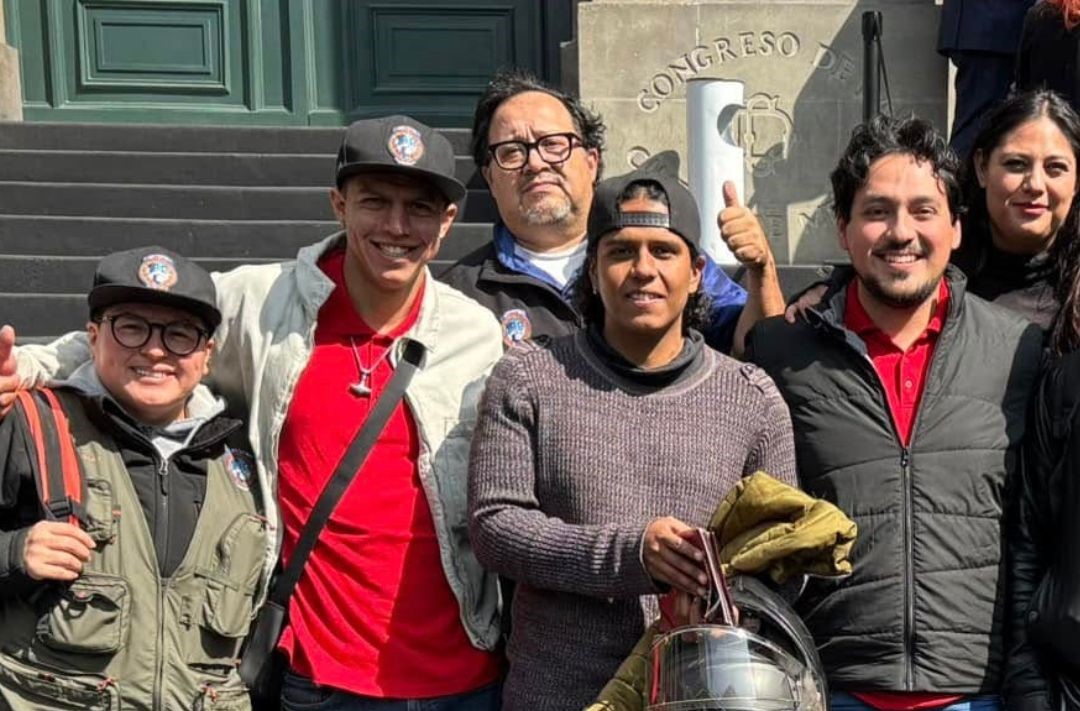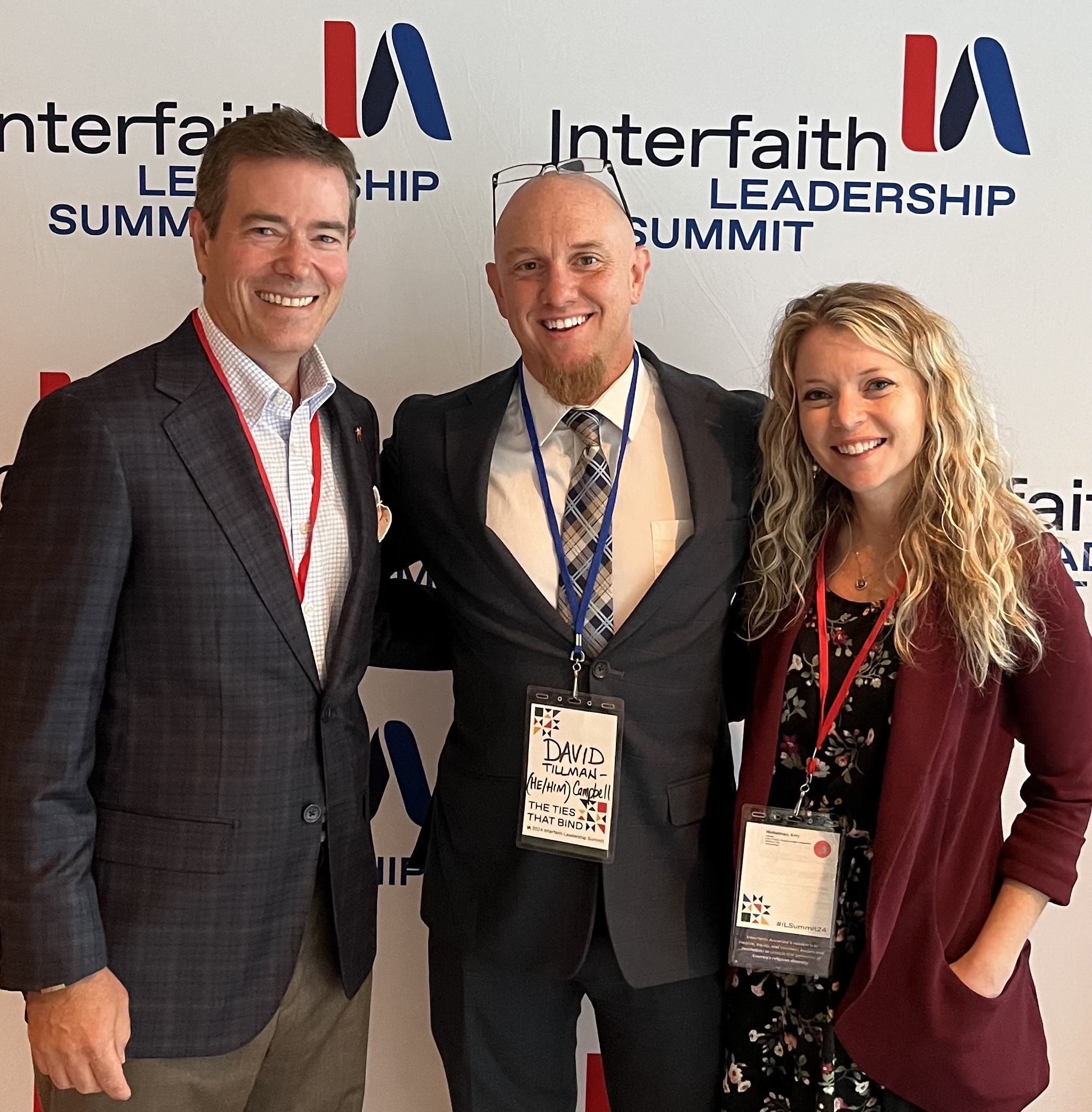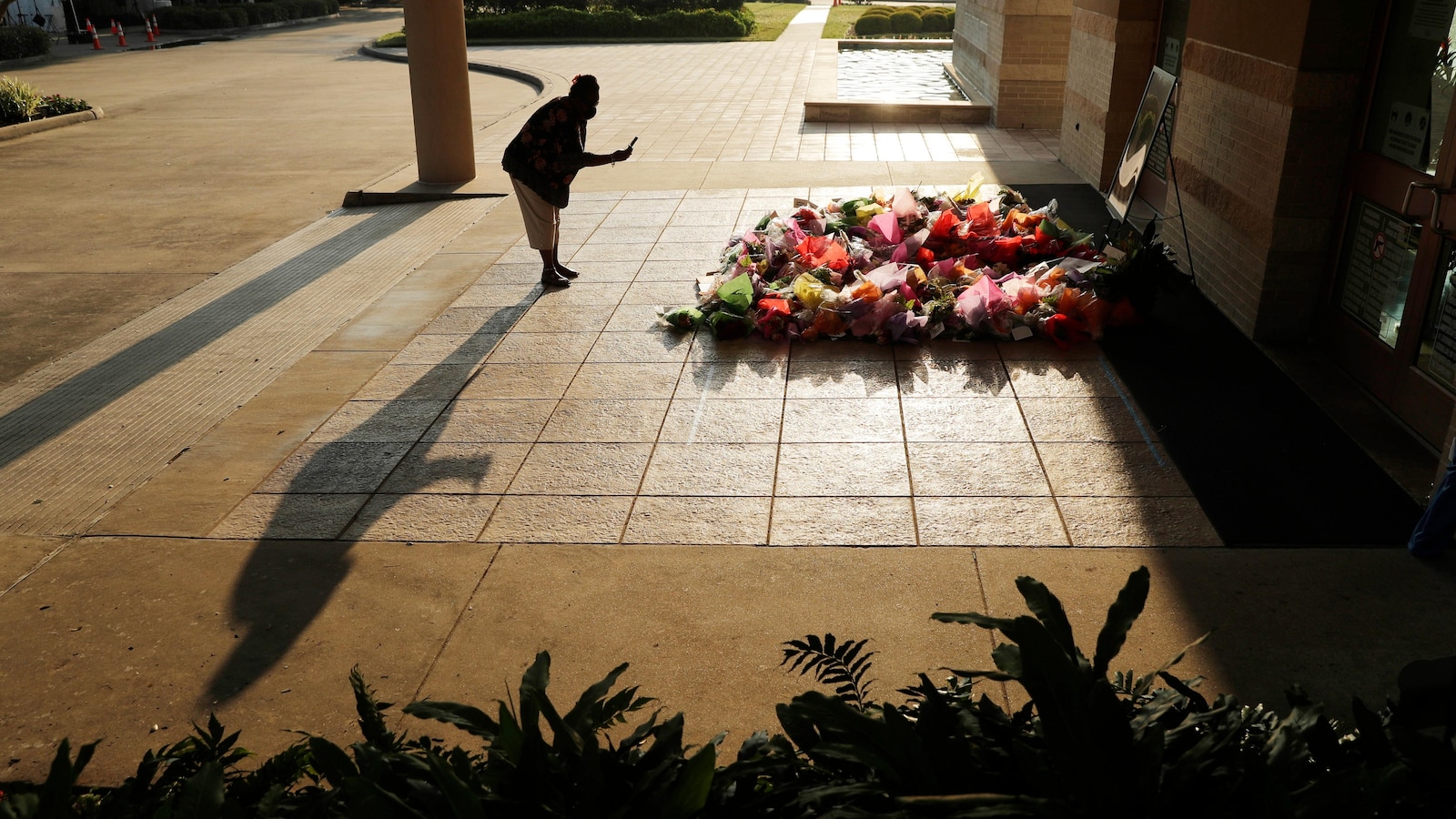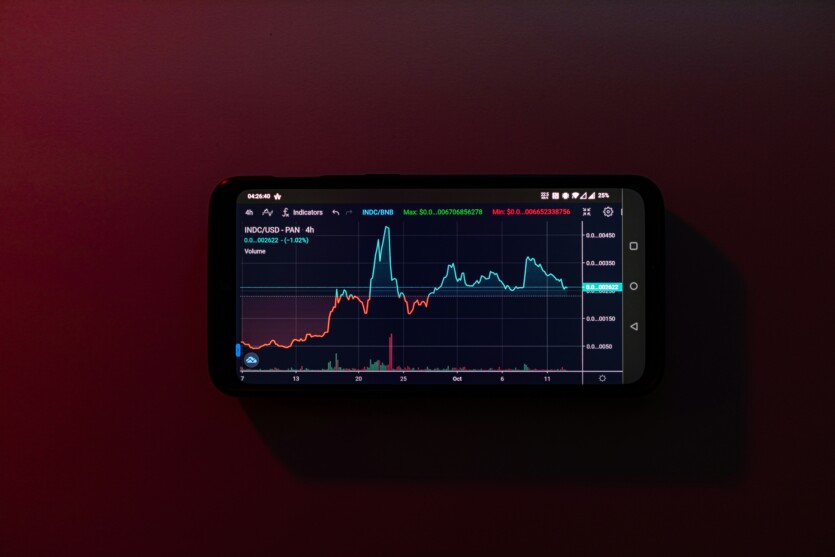
by Tula Connell | Jan 6, 2025
App-based delivery drivers and drivers paid the minimum wage in Mexico celebrated a bill that recognizes them as workers and ensures their access to social security, accident insurance, pensions, maternity leave and company profits. Credit: UNTA
App-based delivery drivers and drivers paid the minimum wage in Mexico celebrated the holidays with new legislative reform that recognizes them as workers and ensures their access to social security, accident insurance, pensions, maternity leave, company profits and a Christmas (holiday) bonus.
The law, introduced by Mexico’s President Claudia Sheinbaum on October 15, passed with full approval by the lower house and the Senate, which voted in December. It recognizes gig workers as employees, entitled to worker benefits and protections under Mexican law
Some 658,000 workers are employed across Mexico on digital platforms, with 41 percent earning above the minimum wage. The National Union of App Workers (Unión Nacional de Trabajadores por Aplicación, UNTA) campaigned for the new law, taking a key role in urging its passage. Because of its advocacy, up to 2.5 million workers, according to Mexico’s government, will now have access to important social protections and benefits.
In a media conference with its partner, the Solidarity Center, UNTA members expressed support for the regulation and also highlighted areas for improvement, such as recognizing connection time as part of total work hours. UNTA is an affiliate of the International Transport Workers’ Federation (ITF) and part of its Latin American Platform Workers’ Network.
“This reform reaffirms what we have been saying for years: We are workers,” says the General Secretary of UNTA, Sergio Guerrero. “And after years of hard struggle, this historic achievement contributes to the dignity of digital workers in Mexico, Latin America and the world.”
With few formal economy jobs available, workers worldwide are turning to the platform-based economy to support themselves and their families. While the rapid increase in app-based jobs offers millions of workers additional avenues to earn money, it also creates new opportunities for employer exploitation through low wages, lack of health care and an absence of job safety.
According to the International Labor Organization (ILO), digital platforms have created new opportunities and blurred the labor relationship between employers and workers. As a result, the digital platform work model does not adhere to standards of decent work, or fundamental ILO treaties (“conventions”), especially those on freedom of association, collective bargaining and discrimination in employment and occupation. Digital platform workers often earn low wages and lack access to social protections, minimum wage protections, employment benefits such as paid vacation and opportunities for collective bargaining.
As in Mexico, app-based workers who drive motorbikes, bicycles and cars to deliver food and transport passengers receive no paid sick leave or vacation. They work long hours and rush between deliveries, risking their safety because if they do not, the app—via the company—punishes them by lowering pay. When drivers or deliverers are injured, they receive no compensation from their employers.
In Mexico, the law now addresses such issues, ensuring that workers have the flexibility to define their own working hours and requiring the employer—such as Didi, Rappi and Uber—to register workers in the nation’s social security program, covering occupational risks and providing access to health and housing benefits. Companies are required to register contracts with the government, which must detail working hours, income and algorithmic management rules.
Further addressing what workers describe as the company’s frequent abuse through algorithms, the law prohibits companies from charging for the use of the platform and obliges them to issue detailed payment receipts and respect digital disconnection outside working hours. It prohibits companies from manipulating workers’ income to avoid their classification as dependent on employers of digital platforms and blocks the collection of fees from workers for registration, use, separation or similar concepts related to the employment relationship.
In Mexico, digital companies now must guarantee the publication of algorithmic management policies and may not manipulate income to distort the employment relationship or carry out contractual simulations. The law also prohibits withholding of workers’ wages. The new law in Mexico is one of the most progressive in the world in regulating work through digital platforms, guaranteeing fundamental labor rights.
Vanessa Parra
Campaign and Media Communications Director
[email protected]


Solidarity Center 1130 Connecticut Ave., NW, Suite 800 I Washington, DC 20036
(+1) 202-974 -8383
Contact Us
the News from The Solidarity Center
source














